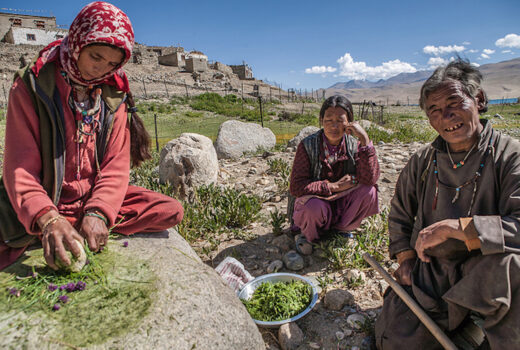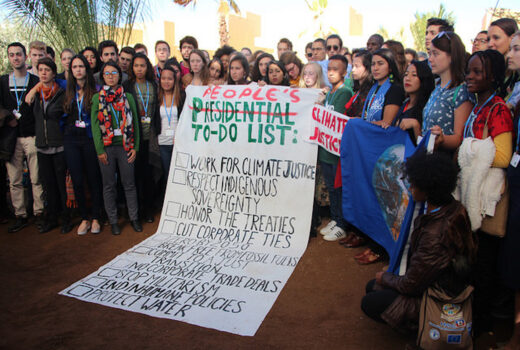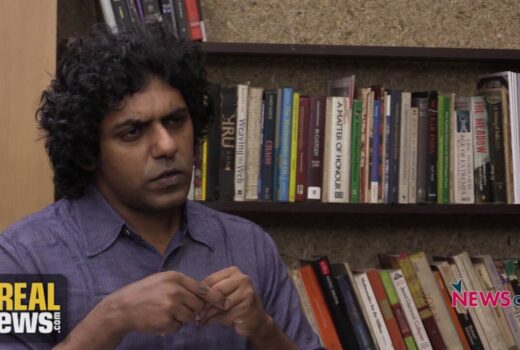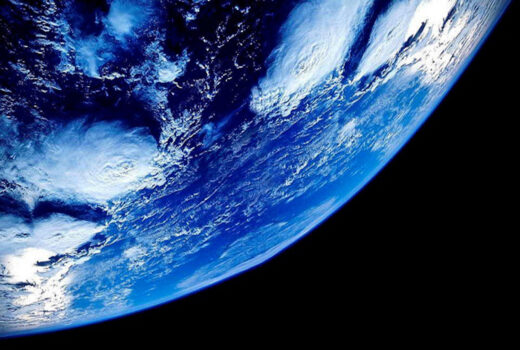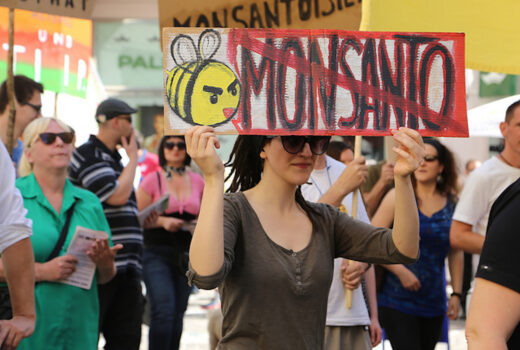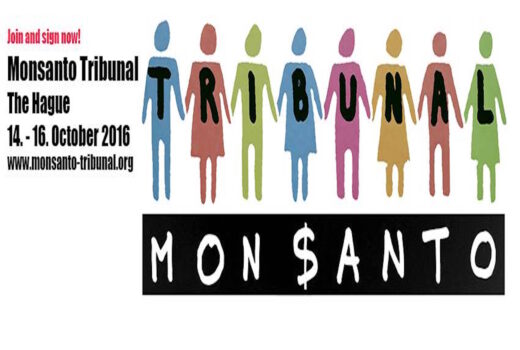Topic: Agriculture
Towards a common platform to fight inequality
Article / 14th December 2016The Fight Inequality Alliance aims to bring together activists and organisations to tackle inequality globally and within all countries. The Alliance stands together to build a world of greater equality – where all people’s rights are respected and fulfilled, a world of shared prosperity, opportunity and dignity, living within the planet’s boundaries. Read the current draft of the shared vision below.
After Brexit and Trump: don’t demonise; localise!
Article / 30th November 2016Both Trump and Brexit can be explained by the failure of mainstream political elites to address the pain inflicted on ordinary citizens in the neoliberal ere. In the US and the UK, working class voters rightly rejected the corporate globalisation that has created so much poverty and insecurity. But the real solutions lie in relocalisation, not hatred, write Helena Norberg-Hodge and Rupert Read for the Ecologist.
The elephant in the room: What Trump, Clinton, and even Stein are missing
Article / 30th November 2016Though it is a defining issue of our time, politicians who depend on corporate money and media dare not mention the growing power imbalance between corporations and governments and its sweeping implications, writes David Korten in YES! Magazine.
Global climate justice movements refuse to be overshadowed by election of climate change denier to U.S. presidency
Article / 21st November 2016The following collective statement was issued by organisations, networks, and movements gathered in Marrakech at COP22, in response to Donald Trump becoming President-Elect of the United States of America and its potentially devastating implications for the cause of climate justice.
Flawed global rules in agriculture: Need for a new approach
Blog / 8th November 2016Sophia Murphy, from the Institute for Agriculture and Trade Policy (IATP) speaks with The Real News on how for the past 20 years, the World Trade Organisation rules have failed to address basic inequities in world agriculture. What is urgently required is a new framework for global agriculture that embraces principles of agro-ecology, remunerative prices, sustainable livelihoods and ecological sustainability.
World’s food and energy systems key to tackling global biodiversity decline
Report / 27th October 2016The Living Planet Report 2016 reaffirms WWF’s ‘One Planet Perspective’ on the need for better choices for governing, using and sharing natural resources within the Earth’s ecological boundaries. Ultimately, addressing social inequality and environmental degradation depends on creating a new economic system that enhances and supports the natural capital upon which it relies.
Think U.S. agriculture will end world hunger? Think again.
Report / 21st October 2016A new report by the Environmental Working Group confronts the myth that American farmers must double their food production to 'feed the world'. Instead, the key to ending world hunger while protecting the environment is to help small farmers in the developing world increase their productivity and income, and to promote “agro-ecology” everywhere.
The long march against monsanto: A letter from the Hague
Article / 21st October 2016Following the Monsanto People’s Assembly in The Hague, activists converged around the need to 'globalise the struggle' for a new model of food and farming led by the grassroots, writes Ronnie Cummins.
Climate change could drive 122m more people into extreme poverty by 2030
Article / 18th October 2016The UN's 2016 State of Food and Agriculture report warns that without measures to halt and reverse climate change, food production could become impossible in large areas of the world. Consequently, millions more people could be living in extreme poverty by 2030, despite new government pledges in the sustainable development goals. Reported by Claire Provost for the Guardian.
Monsanto Tribunal and People’s Assembly
Article / 6th October 2016Civil society groups have organised a people’s assembly to hold Monsanto accountable for their crimes against humanity and the environment, and to spell out an alternative vision for the future of food and farming based on reclaiming the commons, earth democracy and agroecology.

